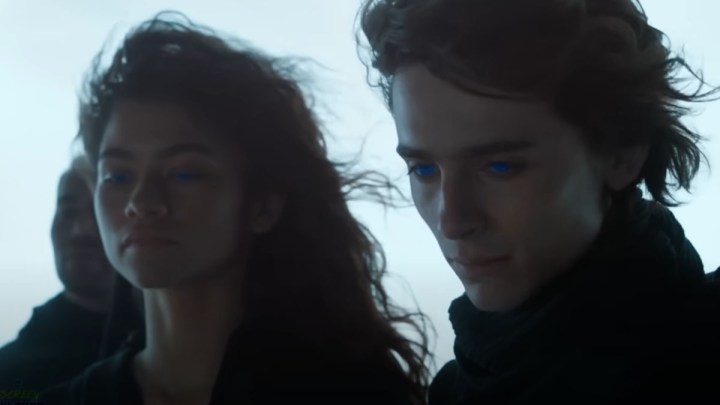
In retrospect, the decision to push back the release of Dune: Part Two has paid off magnificently for Warner Bros. and Legendary Entertainment. Rather than risking the chance of the actors not being able to promote the film because of the SAG-AFTRA strike, the studios delayed the sequel to March, and it has subsequently doubled the opening weekend numbers of Dune: Part One.
Of course, it helps that Dune: Part Two wasn’t released simultaneously on streaming like its predecessor was. But that’s not the only cause for Part Two‘s dramatic increase. Keep reading for the three reasons why Dune: Part Two is better than Dune: Part One, and then race out to theaters to see this sequel on the biggest screen you can.
The massive scale of Dune is even bigger in Dune: Part Two
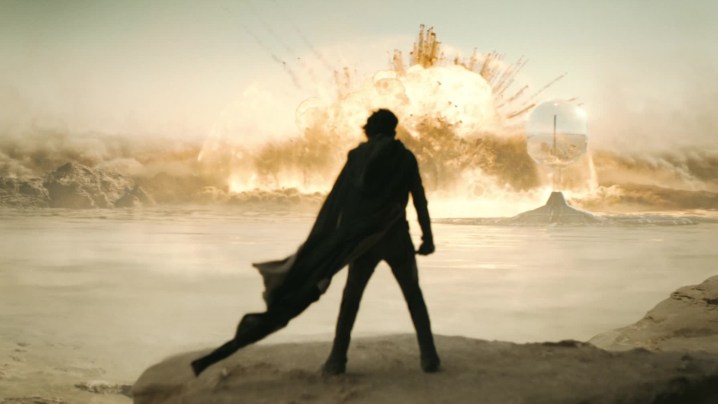
Director Denis Villeneuve hasn’t been shy about his admiration for the worlds of Frank Herbert’s Dune, and he already went to great lengths to bring them to life in the first movie. However, Dune: Part Two greatly expands the scope far beyond the realm of the initial film by focusing on Paul Atreides (Timothée Chalamet) and his rise among the larger Fremen community across the planet Arrakis. Because this movie has a nearly three-hour runtime, Paul’s journey and transformation don’t feel rushed.
Additionally, the sequel finally gives viewers a broader look at the galactic empire ruled by Emperor Shaddam IV (Christopher Walken) and his daughter, Princess Irulan (Florence Pugh). It’s not a complete picture of what’s happening in the galaxy, but it adds context for the end of the film when the major houses have to react to Paul’s actions.
Austin Butler’s Feyd-Rautha is a fantastic villain
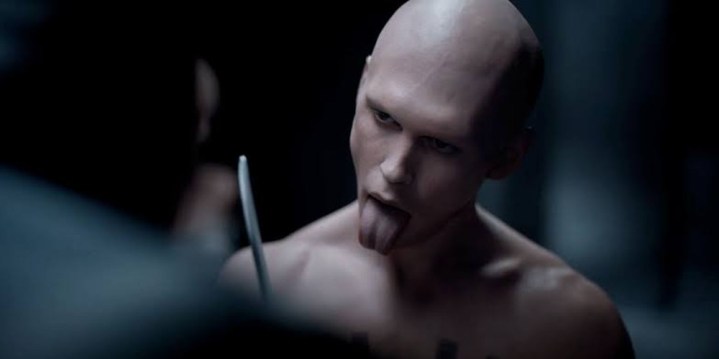
Epic stories need epic villains. Dave Bautista and Stellan Skarsgård both gave excellent performances as Glossu Rabban Harkonnen and Baron Vladimir Harkonnen, respectively, in Dune: Part One and its sequel. But the breakout role in Dune: Part Two belongs to Elvis star Austin Butler for his turn as Feyd-Rautha Harkonnen. Compared to his relatives, Feyd-Rautha is such a violent psychopath that even they seem more human than he is.
It’s not an exaggeration to compare Butler’s performance as Feyd-Rautha to the late Heath Ledger’s haunting turn as the Joker in The Dark Knight. The menace that Butler exudes in every scene makes Feyd-Rautha an instant classic villain. He is the worthy foe that Paul needed for this film, and it’s not out of the question for Butler to be in next year’s Best Supporting Actor Oscar race.
The supporting cast has a greater role in the sequel
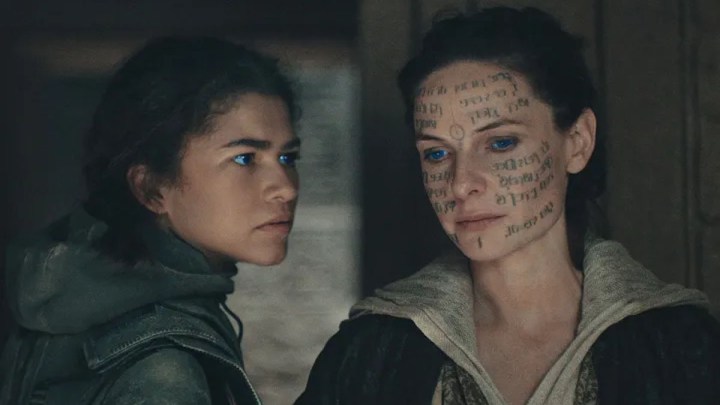
There wouldn’t be much of a point in bringing together such an amazing cast if they didn’t do more in the movie. Zendaya in particular had only a small role in the first film. Dune: Part Two fixes that by putting Zendaya’s Chani and Rebecca Ferguson’s Lady Jessica on two opposite sides of Paul’s destiny.
Chani doesn’t believe Paul is the savior of her people and she doesn’t want him to be that either. She just loves Paul for who he is. As for Lady Jessica, she makes it her mission in life to convert all of the Fremen into Paul’s loyal followers, despite the knowledge that the messiah myth was one that her religious sect, the Bene Gesserit, created to subjugate the Fremen.
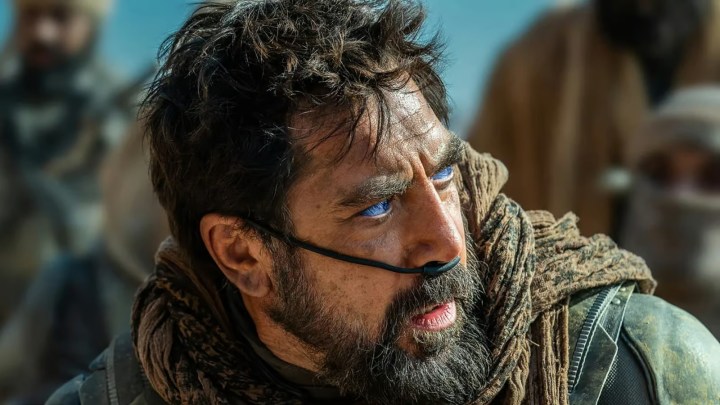
Javier Bardem’s Stilgar also has a much bigger part as he becomes Paul’s most devoted follower, almost to a hilarious degree. Bardem plays Stilgar’s devotion to Paul so earnestly that it seems perfectly in character for Stilgar to offer everything he has in the service of Paul willingly. He’s not alone in that regard, which is why Chani finds herself so out of place among her own people. That background conflict adds greater depth to the narrative, and it may continue to build, assuming Dune: Part Three becomes a reality.
Dune: Part Two is now playing in theaters.
Editors’ Recommendations

